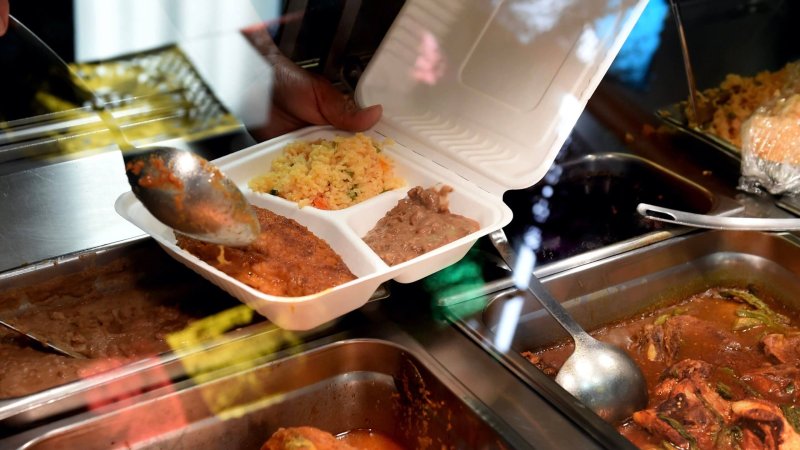As the world takes unprecedented measures to blunt the coronavirus pandemic, some commentators argue ‘the cure is worse than the disease’ as it relates to the widespread shelter-in-place orders designed to stop the virus from spreading. Are they right, or are they downplaying the threat we face? Scammers are selling bogus COVID-19 cures. Can the FDA do anything to stop the false advertising? Your food is probably safe during the pandemic, but you should take some simple precautions while grocery shopping or picking up your to-go order.
Anti-chemical activists aren’t taking any time off during the pandemic. Environmental Working Group just released its ‘Dirty Dozen’ list of pesticide-contaminated produce, but the organic-industry funded think tank is greatly exaggerating the risk we face.
Join geneticist Kevin Folta and GLP editor Cameron English as they take a critical look at the latest headlines on the Science Facts and Fallacies podcast.
Podcast: Play in new window | Download
Subscribe: RSS
Are coronavirus containment efforts more damaging ‘than the direct toll of the virus itself’?
There’s no easy answer to this question, but physician and New York Times contributor Dr. David Katz argues that a more targeted approach of testing and containing people most vulnerable to coronavirus infection may be a better mitigation strategy than shutting down society. Does the evidence support such an approach, or is it too late for these kinds of proactive measures?
Viewpoint: Watch out for ‘charlatans and scammers’ touting coronavirus cures
Natural health gurus and internet personalities are touting colloidal silver, essential oils and even toothpaste as ‘cures’ for the novel coronavirus. The FDA disagrees and has warned dozens of companies to quit marketing these and other products as treatments when none have been shown to be effective against COVID-19.
Coronavirus and food safety: Why there’s no need to panic
Health officials are encouraging everybody (and forcing many) to stay home and avoid other people to slow the spread of coronavirus. But since we’re allowed to go shopping and order from restaurants, the obvious question arises: is my food safe as the pandemic continues? According to the Centers for Disease Control, the answer is yes. SARS-COV-2 spreads primarily through respiratory droplets from infected individuals, not through food, as far as experts can tell.
That said, a few cautionary steps will help you avoid exposure to the virus while interacting with others when shopping or ordering takeout.
Every year, Environmental Working Group releases its ‘Dirty Dozen’ list of fruits and vegetables allegedly contaminated with pesticide residues. And every year, farmers and scientists blast EWG for stoking unnecessary food fears. 2020 is no different. It’s effectively impossible to eat enough food to consume harmful amounts of any pesticide. For example, you’d have to eat over 3,000 strawberries in a day to reach the fungicide residue limit set by the EPA—and you still wouldn’t get sick, at least not from pesticide exposure. Your stomach might explode, though.
Kevin M. Folta is a professor in the Horticultural Sciences Department at the University of Florida. Follow Professor Folta on Twitter @kevinfolta
Cameron J. English is the GLP’s senior agricultural genetics and special projects editor. BIO. Follow him on Twitter @camjenglish































